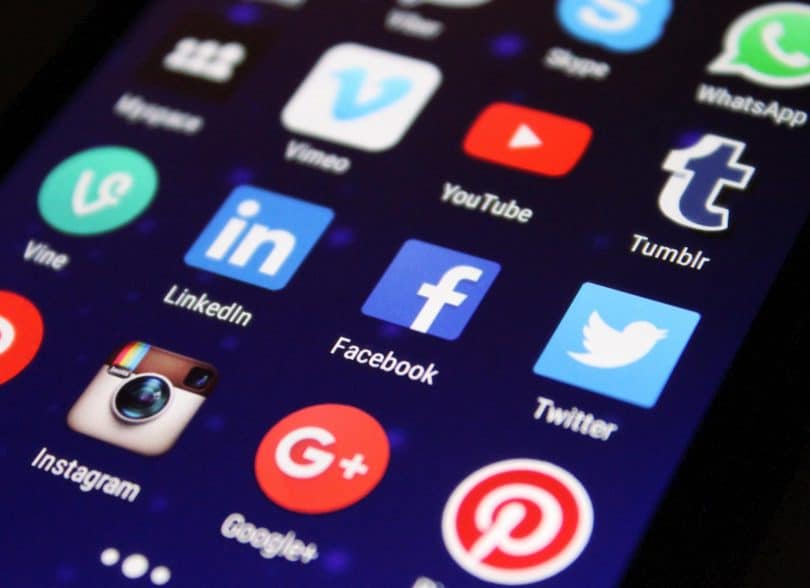Navigating the vast landscape of social media can be a daunting task for any startup owner. Each platform offers a unique blend of audience demographics, engagement patterns, and content preferences, demanding a thorough understanding and strategic approach to leverage their full potential.
This comprehensive guide, ‘Startup Owners Guide to Social Media Platforms’, serves as your digital compass, helping you understand the major social media platforms of today. It provides insights into the history, key traits, analytical advantages, and marketing approaches of each platform, equipping you with the necessary knowledge to formulate a winning social media strategy that elevates your startup’s digital presence and customer engagement.
Overview and History: Launched in 2004, Facebook is a social networking platform founded by Mark Zuckerberg, along with his college roommates Eduardo Saverin, Andrew McCollum, Dustin Moskovitz, and Chris Hughes. Facebook started as a Harvard-only network but soon expanded to other universities and eventually to anyone aged 13 and over.
Key Traits: Facebook allows users to create a personal profile, connect with friends, share text updates, photos, and videos, join groups, and create and attend events. Businesses can create Pages to share updates and engage with their customers.
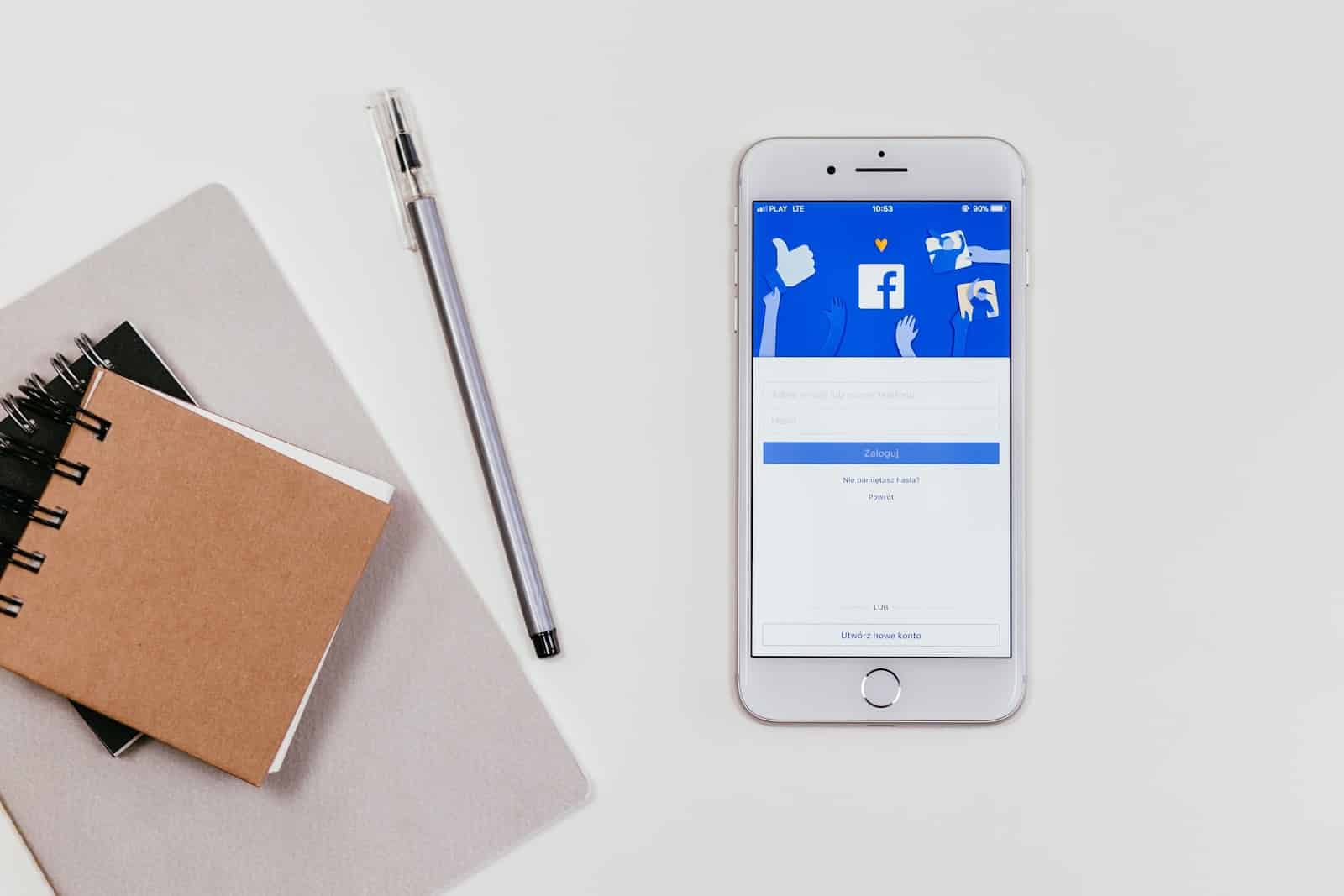
Analytical Advantages: Facebook offers a powerful tool called Facebook Insights, allowing businesses to track user interaction, learn about their followers’ demographics, and understand the performance of their posts.
Marketing Approach: Regularly posting engaging content is key to building and maintaining an audience. Posts can include company updates, behind-the-scenes looks, blog posts, user-generated content, etc. Facebook Ads can further extend your reach, and you can use the detailed targeting options to ensure your ads are shown to your ideal audience. Hosting events and livestreams can provide engaging, interactive experiences.
Overview and History: Instagram was launched in 2010 by Kevin Systrom and Mike Krieger and was later bought by Facebook in 2012. The platform focuses on photo and video sharing, with additional features like Stories and IGTV.
Key Traits: Instagram is about sharing visually appealing content. The platform supports photo and video posts, Stories (short-term posts), IGTV (long-form videos), Reels (short, looping videos), and shopping features.
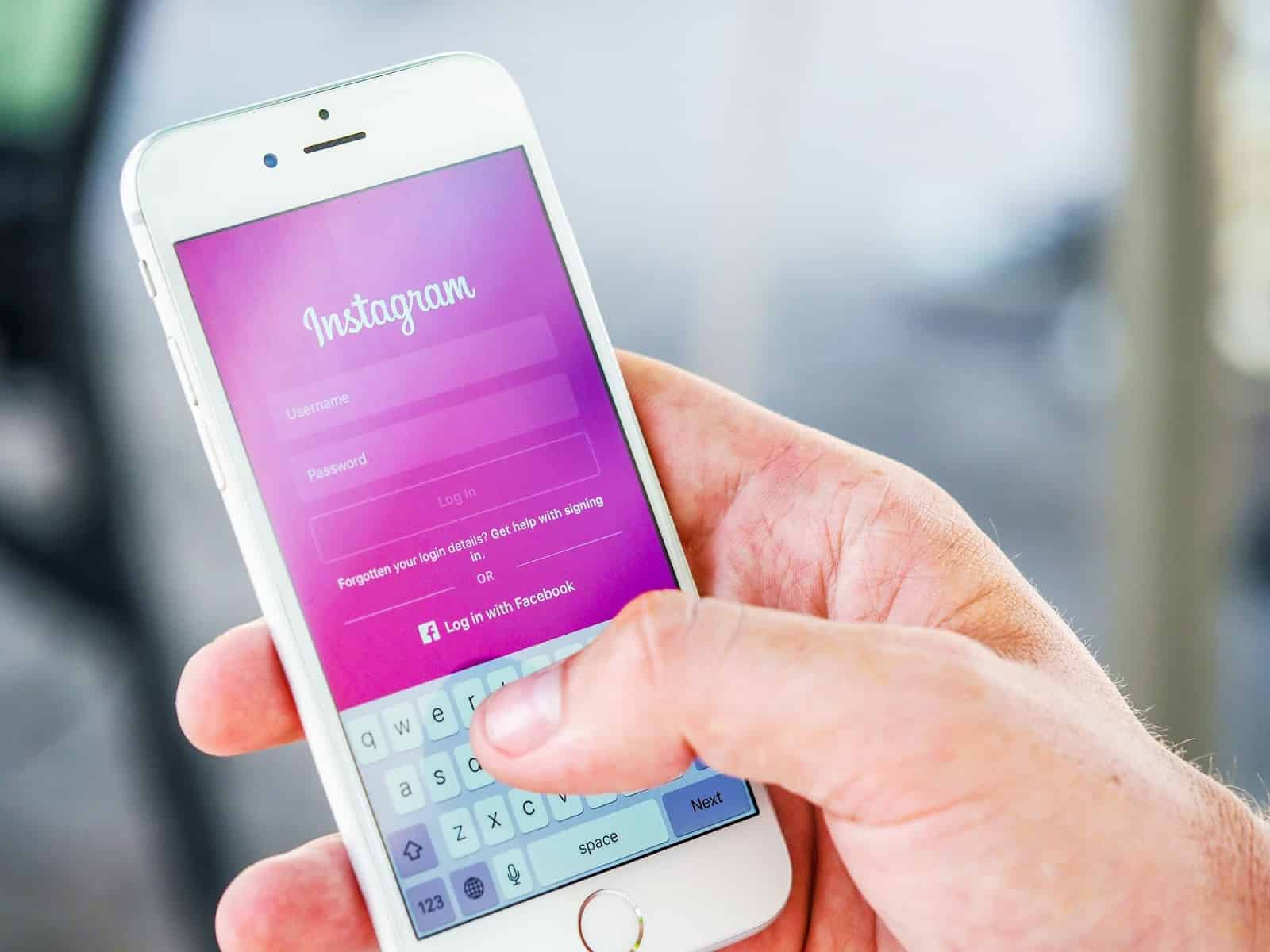
Analytical Advantages: Instagram Insights provides businesses data about followers, post reach, impressions, and interactions. By using this data, companies can understand what type of content resonates with their audience.
Marketing Approach: Businesses should create a consistent aesthetic that aligns with their brand. Regular posts, engaging captions, hashtags, and location tags can help extend your reach. Collaborating with influencers, using Instagram Shopping, and advertising can also boost your marketing efforts.
Overview and History: Launched in 2003, LinkedIn is a professional networking site founded by Reid Hoffman and a team of co-founders from PayPal and Socialnet.com.
Key Traits: LinkedIn is about connecting professionals, sharing industry news, posting job opportunities, and promoting professional skills. Company pages can be used to share updates, recruit, and build a community.
Analytical Advantages: LinkedIn analytics provides insights about your followers, post performance, and visitor demographics. These insights can help businesses understand what content their audience finds valuable and how their audience is growing over time.
Marketing Approach: Regular posts showcasing company achievements, industry insights, and thought leadership can help build your company’s reputation. Participating in relevant groups, networking, and posting job opportunities can also attract potential employees or partners.
Overview and History: Launched in 2006, Twitter is a microblogging platform created by Jack Dorsey, Biz Stone, and Evan Williams.
Key Traits: Twitter allows users to share short messages (“tweets”) and interact with others via mentions, retweets, and likes. Hashtags are a key feature to group tweets by topic.
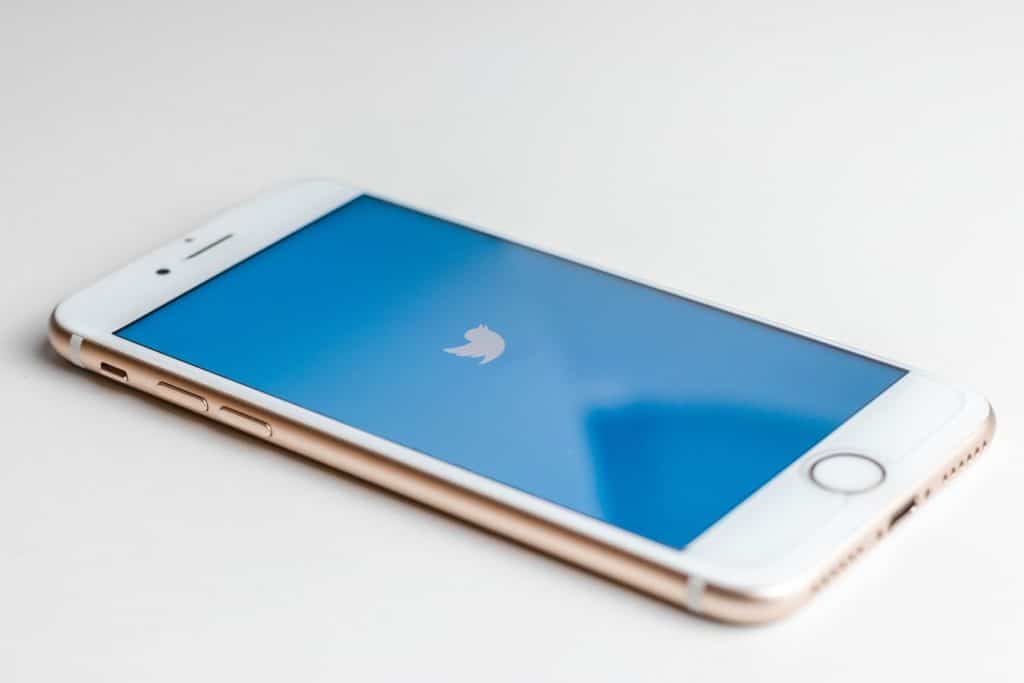
Analytical Advantages: Twitter analytics provides data about tweet impressions, engagement rate, likes, retweets, mentions, and profile visits, helping businesses measure their Twitter activity’s impact.
Marketing Approach: Regular tweets, interacting with users, participating in trending topics, and using hashtags can help increase your visibility. Twitter Ads can further increase your reach and engagement.
TikTok
Overview and History: Launched internationally in 2016 by Chinese tech company ByteDance, TikTok is a platform for short-form mobile videos.
Key Traits: TikTok’s main feature is the creation and sharing of short, 15-60 second videos, often set to music. TikTok is known for its trends, where users recreate the same style of video with their own spin.
Analytical Advantages: TikTok’s Pro Account provides analytics on weekly and monthly views, follower growth, and trending videos.
Marketing Approach: Businesses can create their own fun and engaging videos, participate in trends, collaborate with influencers, or use TikTok Ads to reach a larger audience.
YouTube
Overview and History: Launched in 2005 by three former PayPal employees—Chad Hurley, Steve Chen, and Jawed Karim—YouTube is a video-sharing platform that was bought by Google in 2006.
Key Traits: YouTube allows users to upload, view, rate, share, comment on videos, and subscribe to other users. It offers a wide variety of user-generated and corporate media videos.
Analytical Advantages: YouTube Analytics provides insights about views, watch time, subscriber growth, audience demographics, and how people found your videos.
Marketing Approach: Businesses should regularly post high-quality, valuable content. Optimizing video titles, descriptions, and tags can help your videos get discovered. Engaging with your audience through comments and creating playlists can improve your channel’s performance.
Overview and History: Pinterest was launched in 2010 by Ben Silbermann, Paul Sciarra, and Evan Sharp as a platform to “pin” images and ideas for later reference.
Key Traits: Users can upload, save, sort, and manage images, known as pins, and other media content through collections known as pinboards.
Analytical Advantages: Pinterest Analytics offers insights about pin performance, audience demographics, and interests, helping businesses understand what content is driving engagement.
Marketing Approach: Businesses can create boards that showcase their products or ideas, use keywords and hashtags to help people discover their pins, and use Pinterest Ads to reach more people.
Snapchat
Overview and History: Launched in 2011 by Evan Spiegel, Bobby Murphy, and Reggie Brown, Snapchat is a multimedia messaging app where pictures and messages are usually only available for a short time before they become inaccessible.
Key Traits: Snapchat’s key features include Stories, Snap Map, Discover, and lenses.
Analytical Advantages: Snapchat Insights provides data about story views, view time, reach, and more.
Marketing Approach: Businesses can create engaging Stories, use Snapchat Ads, create geofilters and lenses, and partner with influencers to increase their reach.
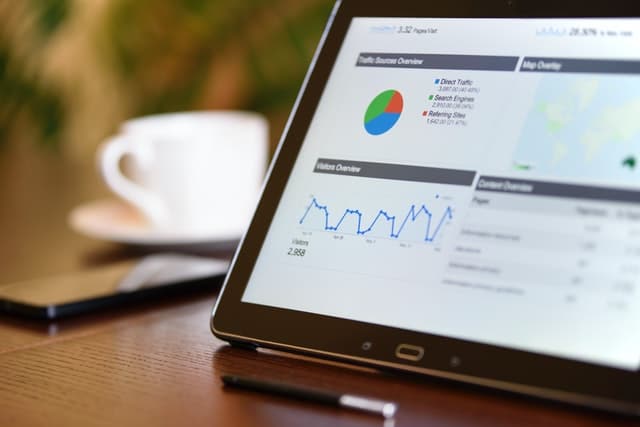
Clubhouse
Overview and History: Clubhouse is an invite-only, audio-based social media app launched in 2020 by Paul Davison and Rohan Seth.
Key Traits: Users can join and interact in different chat rooms. The conversations are audio-only and disappear after the chat ends.
Analytical Advantages: Clubhouse is less about analytics and more about real-time engagement. However, you can still gain insights about the number of listeners in rooms, new followers, and engagement on your profile.
Marketing Approach: Businesses can host engaging discussions, Q&As, or presentations. Consistent activity, networking, and providing value can help grow your audience.
Overview and History: Launched in 2005 by Steve Huffman and Alexis Ohanian, Reddit is a network of communities based on people’s interests.
Key Traits: Reddit is made up of “subreddits,” each dedicated to a specific topic. Users can post content and comment on other users’ posts.
Analytical Advantages: Reddit’s analytical capabilities are more limited compared to other platforms. However, you can monitor your posts’ upvotes, comments, and shares to gauge engagement and feedback. Various third-party tools provide more in-depth analytics, but Reddit’s most significant advantage lies in gaining qualitative insights from your audience through direct engagement and feedback.
Marketing Approach: Marketing on Reddit should be approached with care as the community is known for its aversion to overt self-promotion. Rather than promoting your products or services directly, provide value to the community through insightful posts and active participation in discussions. You can also conduct AMAs (Ask Me Anything) sessions to engage the community and provide deeper insights into your startup. Finally, Reddit also offers an advertising platform where you can target ads based on user interests and subreddit topics.

What Are The Best Social Media Platforms For Businesses?
The “best” social media platforms for a business largely depend on the type of business, the target audience, and the goals of the business. Here are some of the most commonly used and effective platforms for businesses:
- Facebook: With its vast user base, Facebook provides businesses a broad reach. The platform offers targeted advertising, a space for customer reviews and feedback, and features like Facebook Groups that can help build a community around a brand.
- Instagram: Particularly effective for brands that rely heavily on images such as clothing, accessories, and home decor brands. Instagram’s user demographic is skewed towards younger users, making it an excellent platform for businesses targeting a younger audience.
- LinkedIn: Ideal for B2B businesses. LinkedIn allows companies to network with professionals, share industry-related content, and post job vacancies. It’s a great platform for building professional credibility and authority.
- Twitter: Provides a way for businesses to share quick updates, news, and engage with customers on a more personal level. Twitter is also often used for customer service and brand monitoring.
- Pinterest: Highly useful for businesses in the fashion, design, home decor, and cooking industries. Pinterest allows businesses to share inspirational and creative content to drive traffic to their website.
- YouTube: Ideal for businesses that can leverage video content. Tutorials, product reviews, behind-the-scenes videos, and educational content perform well on this platform.
- TikTok: With its focus on short, creative videos and a user base that leans towards the younger demographic, TikTok can be a good choice for brands targeting younger consumers and those that can leverage the platform’s viral trends.
Each platform has its strengths and weaknesses, and it’s crucial to consider where your target audience spends their time and the nature of your content before choosing the platforms to focus on. Remember, quality and consistency are more important than being on every platform.

What Are The Emerging Social Media Platforms
1. Dispo
Dispo, short for ‘Disposable’, is a social media app that mimics the experience of using a disposable camera. Co-founded by popular YouTuber David Dobrik and Natalie Mariduena in 2019, Dispo shot to prominence in late 2020 and early 2021.
Key Traits: The app encourages users to live in the moment by emulating the delayed gratification of a disposable camera. When you take a photo, it won’t ‘develop’ until 9 AM the next day. Users can’t edit or filter these photos, promoting more authentic and spontaneous sharing.
Analytical Advantages: As of my knowledge cutoff in September 2021, Dispo’s analytical features are fairly limited. However, by tracking likes, comments, and the growth of followers, businesses can gain a general sense of their audience’s engagement. Remember, a major part of Dispo’s appeal is its focus on authenticity, so a more qualitative approach to success might be suitable here.
Marketing Approach: Brands and startups can use Dispo to share behind-the-scenes photos, daily life at the office, and other more ‘authentic’, unedited glimpses of the business. This candid approach can help to build a more personal connection with the audience. It’s particularly useful for businesses targeting younger demographics who are seeking more ‘real’, less polished content. If you have a visually appealing product or service, Dispo can be a great platform to showcase it in a new, authentic light. As always, be sure to monitor user trends and demographic data as the platform evolves.
2. Caffeine
Caffeine is a social broadcasting platform that was launched in 2018. It was founded by former Apple designers Ben Keighran and Sam Roberts with the intention to create a social experience around live streams.
Key Traits: The platform is primarily designed for streaming video game play, live sports, concerts, talk shows, and other forms of entertainment. One of the distinctive traits of Caffeine is its emphasis on real-time interaction. Unlike other live streaming platforms, Caffeine doesn’t have any delay between the broadcaster and viewer interaction, making it feel more immediate and personal.
Analytical Advantages: As of my knowledge cutoff in September 2021, Caffeine provides various engagement metrics such as live views, followers, and audience engagement. This can help you understand your audience’s behavior and preferences better.
Marketing Approach: For businesses related to gaming, sports, entertainment, or any sector that can leverage live interactions, Caffeine presents a great opportunity. You can use this platform to host live demonstrations of products, Q&A sessions, interviews with key people in your startup, or exclusive behind-the-scenes footage.
Conclusion
As we’ve journeyed through the dynamic world of social media, it’s clear to see that these platforms offer more than just a space for sharing updates; they’re powerful tools that can help catapult your startup into the limelight. However, success hinges on more than just being present on these platforms; it requires a tailored approach that caters to the unique characteristics and audience of each platform.
The ‘Startup Owners Guide to Social Media Platforms’ was designed to empower you, as a startup owner, to make informed decisions about your social media strategy. By harnessing the strengths of each platform, startups can effectively engage with their target audience, foster relationships, and grow their businesses in today’s digital age.
